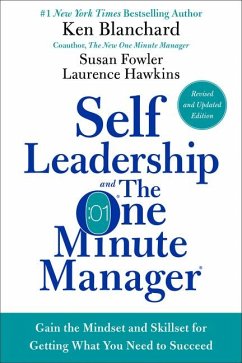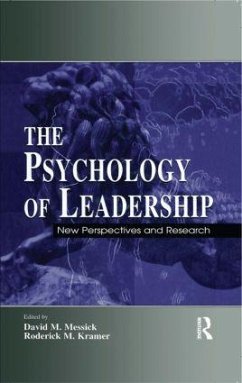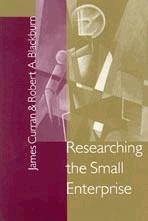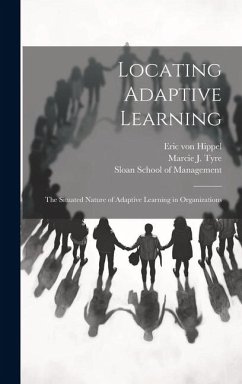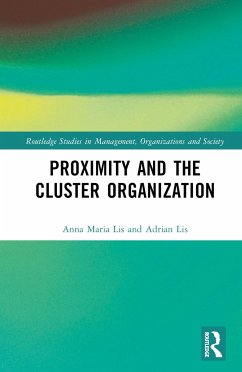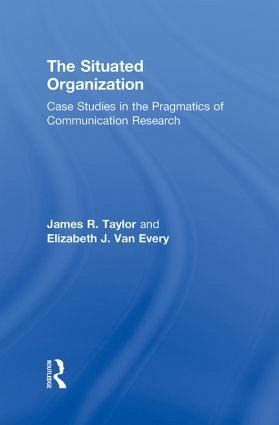
The Situated Organization
Case Studies in the Pragmatics of Communication Research
Versandkostenfrei!
Versandfertig in 1-2 Wochen
168,99 €
inkl. MwSt.
Weitere Ausgaben:

PAYBACK Punkte
84 °P sammeln!
The Situated Organization explores recent research in organizational communication, emphasizing the organization as constructed in and emerging out of communication practices. Working from the tradition of the Montreal School in its approach, it focuses not only on how an organization's members understand the purposes of the organization through communication, but also on how they realize and recognize the organization itself as they work within it. "A useful resource for those engaged in quantitative methods analysis in conjunction with organizations or organizational communication." CHOICE




